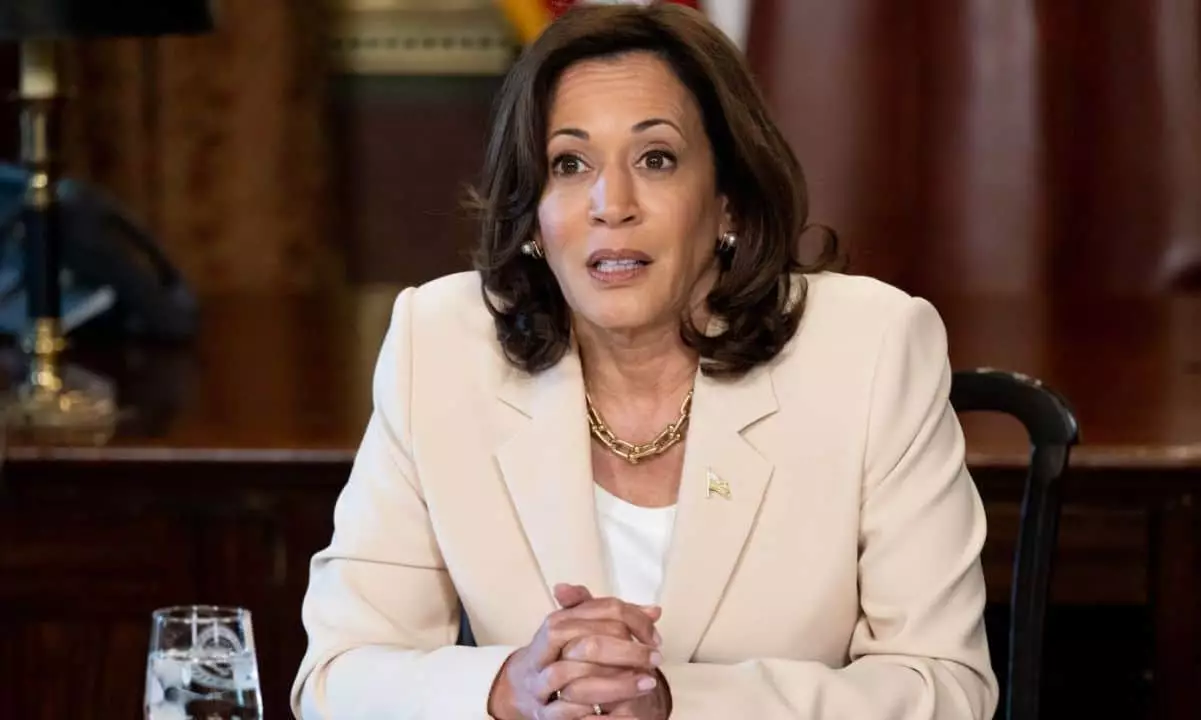The recently published 2024 Democratic Party Platform has raised eyebrows in the crypto community for its complete omission of any mention of Bitcoin, crypto, or blockchain technology. This ninety-two-page document focuses on issues such as lowering housing costs, addressing climate change, and ensuring that the wealthy and corporations pay their fair share of taxes. However, the absence of any discussion about the crypto industry has left many wondering about the party’s stance on digital assets.
Potential Impact Under a Harris Administration
As speculation looms over Vice President Kamala Harris potentially taking over from President Joe Biden in the 2024 election, questions arise about how a Harris administration would handle crypto regulations. With the platform having been finalized before Biden’s exit from the race, it is uncertain whether Harris’s positions on crypto will be reflected in any future additions to the document. Some experts believe that the Democratic Party’s silence on crypto could indicate a shift in approach under Harris’s leadership.
In stark contrast, the rival Republican Party’s platform, released in July, explicitly pledges to end what they describe as the Democratic Party’s anti-crypto measures. The Republicans also vow to oppose the creation of a Central Bank Digital Currency (CBDC) and support Americans’ rights to hold and mine Bitcoin independently. Former President Donald Trump, the Republican nominee for 2024, has shown strong support for the crypto industry, promising to establish a national strategic Bitcoin reserve and replace the current SEC chairman, who is perceived as hostile towards digital assets.
The differing approaches of the two major political parties towards crypto have triggered mixed reactions within the industry. While some see the Democratic Party’s silence as a potential sign of a more accommodating stance under Harris, others remain skeptical based on past anti-crypto sentiments expressed by party members. On the other hand, Trump’s vocal support for Bitcoin has won him support from key figures in the crypto space, signaling a possible alignment between the Republican Party and the interests of digital asset enthusiasts.
The future of crypto regulation in the United States remains uncertain, with the upcoming presidential election poised to play a significant role in shaping the industry’s landscape. Both the Democratic and Republican parties have distinct views on how to approach digital assets, and it will be interesting to see how these contrasting positions develop as the election draws nearer.

